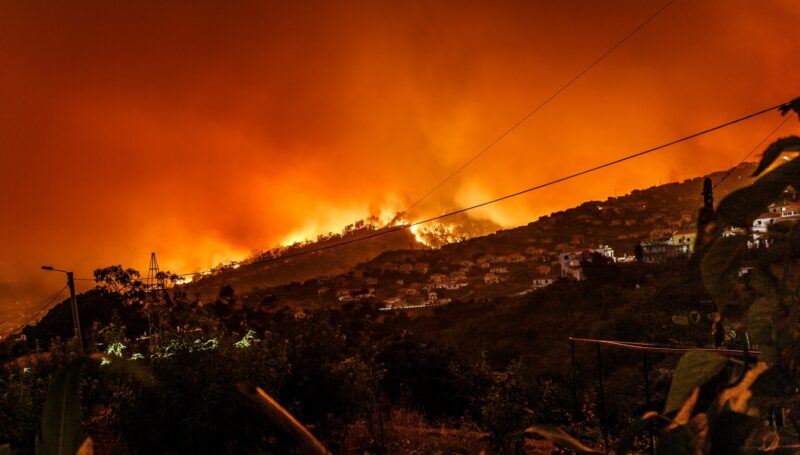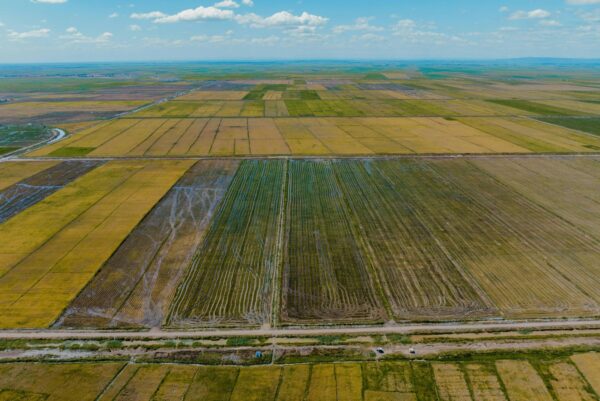Reversal of the impact chain for actionable climate information
Authors
Peter Pfleiderer, Thomas Frölicher, Chahan Kropf, Robin Lamboll, Quentin Lejeune, Tiago Capela Lourenço, Fabien Maussion, Jamie McCaughey, Yann Quilcaille, Joeri Rogelj, Benjamin Sanderson, Lilian Schuster, Jana Sillmann, Chris Smith, Emily Theokritoff and Carl-Friedrich Schleussner

Escalating impacts of climate change underscore the risks posed by crossing potentially irreversible Earth and socioecological system thresholds and adaptation limits. However, limitations in the provision of actionable climate information may hinder an anticipatory response.
Here we suggest a reversal of the traditional impact chain methodology as an end-user focused approach linking specific climate risk thresholds, including at the local level, to emissions pathways. We outline the socioeconomic and value judgement dimensions that can inform the identification of such risk thresholds.
The applicability of the approach is highlighted by three examples that estimate the required CO2 emissions constraints to avoid critical levels of health-related heat risks in Berlin, fire weather in Portugal and glacier mass loss in High Mountain Asia.
We argue that linking risk threshold exceedance directly to global emissions benchmarks can aid the understanding of the benefits of stringent emissions reductions for societies and local decision-makers.











